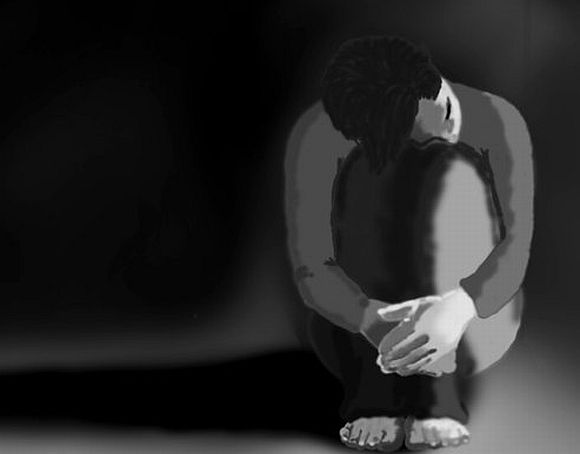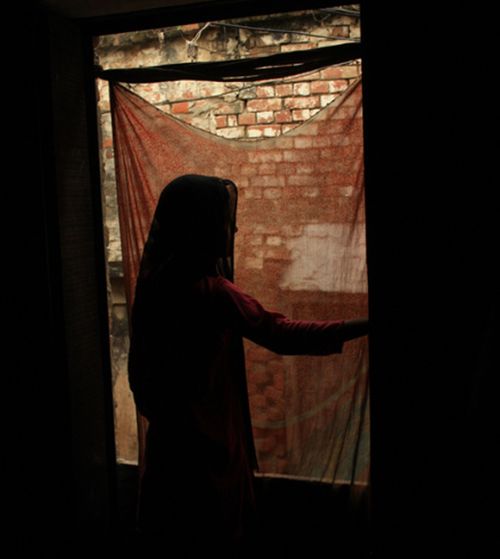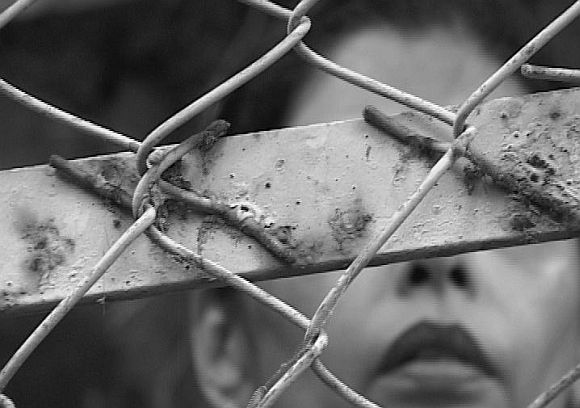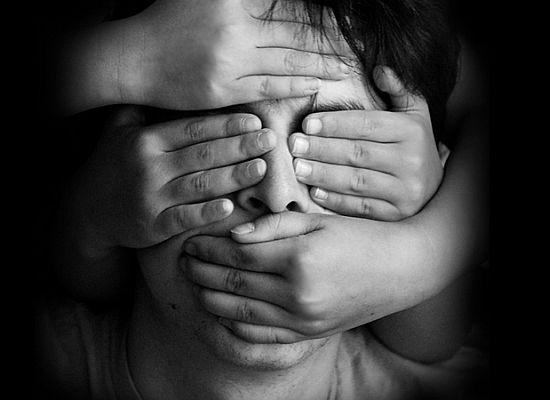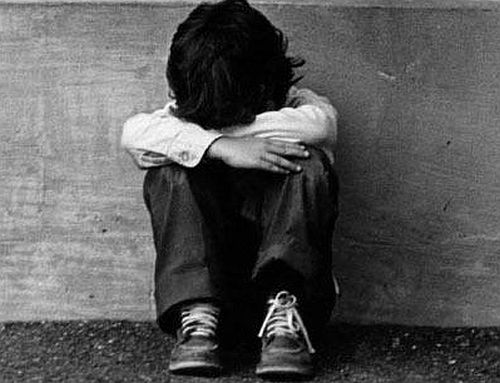 | « Back to article | Print this article |
The worrying case of child sex abuse in India
A Human Rights Watch report has lambasted the United Progressive Alliance government for falling short, both in protecting children from sexual abuse and treating victims.
An 82-page report titled 'Breaking the Silence: Child Sexual Abuse in India' examined how many children are effectively mistreated a second time by traumatic medical examinations and by police and other authorities who do not want to hear or believe their accounts.
The report noted that government efforts to tackle the problem, including new legislation to protect children from sexual abuse, will also fail unless protection mechanisms are properly implemented and the justice system reformed to ensure that abuse is reported and fully prosecuted.
In a release, HRW said that addressing child sexual abuse is a challenge all over the world, but in India shortcomings in both state and community responses added to the problem.
Click on NEXT to read further...
The worrying case of child sex abuse in India
The report documented a number of personal accounts in its annexure.
"The police refused to register the complaint quickly. I did not like how they behaved. Some of them told me that I must have wanted to go with those boys. They told me to admit I was their girlfriend. When I went for the check-up, the doctor said I had been beaten up, bitten and scratched, but she said there was no internal injury. I started to feel helpless. Nobody believed me, and nobody believes me now. The villagers keep saying horrible things about me," said Neha (name changed) who was raped when she was 16 years old by two men from her village.
"When I got to the police station I was interrogated by the station chief. I was kept in the police station and was locked up. They kept insisting that I change my statement otherwise they threatened that something would happen to me. They kept me in jail for 12 days. They didn't let me meet my parents. When I think of that time I'm afraid," said Krishna (name changed) who was raped in June 2012, when she was 12 years old.
"The doctor was very young. I don't think she knew much about rape. She kept asking if there was any bleeding, if she (my daughter) had a problem walking. For six to eight hours after the examination my daughter did not urinate because it was hurting her so much," said Sara (name changed), describing the medical examination of her three-year-old daughter.
Click on NEXT to read further...
The worrying case of child sex abuse in India
According to Meenakshi Ganguly, South Asia director at the Human Rights Watch, "India's system to combat child sexual abuse is inadequate because government mechanisms fail to ensure the protection of children. Children who bravely complain of sexual abuse are often dismissed or ignored by the police, medical staff, and other authorities."
"It is hard enough for a sexually-abused child or their relatives to come forward and seek help, but instead of handling cases with sensitivity Indian authorities often demean and re-traumatize them," Meenakshi said, adding, "The failure to implement needed police reforms to be more sensitive and supportive to victims has made police stations places to be dreaded."
The HRW said: 'Sexual abuse of children is disturbingly common in homes, schools, and residential care facilities in India. Addressing child sexual abuse is a challenge all over the world, but in India shortcomings in both state and community responses add to the problem.'
'The criminal justice system, from the time police receive a complaint until trials are completed, needs urgent reform. Poorly trained police often refuse to register complaints. Instead, they subject the victim to mistreatment and humiliation.'
'Doctors and officials said that the absence of guidelines and training for sensitive medical treatment and examination of victims of child sexual abuse contribute to trauma.'
Click on NEXT to read further...
The worrying case of child sex abuse in India
Sexual abuse of children in residential care facilities for orphans and other at-risk children is a particularly serious problem, Human Rights Watch said.
Inspection mechanisms are inadequate in most parts of the country. Many privately run facilities are not even registered. As a result, the government has neither a record of all the orphanages and other institutions operating in the country nor a list of the children they are housing.
Abuse occurs even in supposedly well-run and respected institutions because of poor monitoring.
Set up by the government in December 2012 after the Delhi gang rape, a committee headed by Justice J S Verma has made several recommendations to address sexual assault and expressed particular concern over the plight of children in residential care institutions.
Instead of facilitating investigations into allegations of child sexual abuse, managers of facilities engage in denials and dismissal of complaints.
After investigating allegations of abuse in one such facility, Vinod Tikoo of the National Commission for the Protection of Child Rights said that it revealed a massive breakdown. "It is not neglect. It is systemic failure," he told HRW.
Click on NEXT to read further...
The worrying case of child sex abuse in India
The HRW says that the government needs to ensure proper implementation of the act and other relevant laws and policies so that there is a vigilant safety net.
This is particularly vital because children are often sexually abused by people known to them and regarded as authority figures, such as older relatives, neighbours, school staff, or the staff and older children in residential care facilities for orphans and other at-risk children.
Implementation of existing measures to improve the well-being of the country's children, including the Integrated Child Protection Scheme, the Juvenile Justice Act, and creation of independent child rights commissions, remains a challenge.
The Indian government should provide training and resources to ensure that the police, doctors, court officials, and government and private social workers, including child welfare authorities, managers of children's residential care institutions, and school authorities, respond properly when there are allegations of child sexual abuse.
The government should also take immediate steps to address the lack of faith in government institutions that prevents many people from reporting child sexual abuse by holding to account those that fail to handle such cases in a prompt and sensitive manner.
